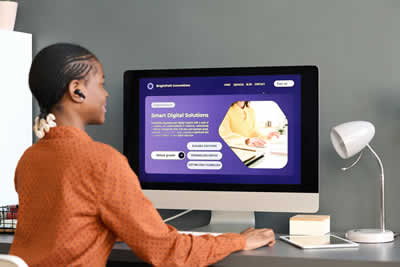While certain industries have seen an increase in the use of mystery shoppers, it seems that across the board, as a tool it is being used less than before. Perhaps it is because people have come to mostly identify with it as somebody going into a store (more often than not it is retail) and performing the function, but it can be so much more than that. Let's look at some of the options and situations that it can be best suited to.

As already stated, the most common use is that companies in retail will arrange for people to go into stores, and pose as a customer, identifying the abilities of the store's staff, and then giving feedback centrally.
Another large use of mystery shopping is in industries where companies obtain accreditations, and part of the ongoing accreditation process includes a random mystery shop experience to ensure that standards and agreements are being met. This could be both in person or over the telephone.
Based on this feedback, companies then decide on if procedures need to be changed or if staff need training.
But what about swapping that around? Perhaps you have already identified "something" is wrong, and are looking to put some sort of training in place. Would you think of doing mystery shopping too? Or first? The fact is that fewer and fewer companies are doing this, and maybe causing the training to be less effective than it could be. If you are going to invest in staff training, why not just go that little bit further, and ensure that the training addresses the exact needs, not what you think that they might be?
Let me give you an example. A little while ago an insurance company that offered coverage for a small niche market found that sales were dropping, and they were not as profitable as they had been previously. Arrangements were made for partnering opportunities that should have resulted in more lead generation, and yet even though the number of leads coming in increased, sales did not.
The company contacted us, and wanted to arrange for some training for their sales team. They were looking at across the board training. However, after agreeing to undergo a small amount of mystery shopping (10 telephone calls over 2 weeks), it was clear that there was not just one issue. There were two distinct issues to be addressed. Some staff had extremely good product knowledge, but were not asking for the business, while others who in theory were good closers as salespeople, were new to the company and did not have enough product knowledge, which was putting potential clients off.

When this feedback was given to the company management, it resulted in two distinct types of training being done. The sales training was offered by our company, while the product knowledge training was catered for in-house. What the company had spent on the small amount of mystery shopping was recouped by not having to send all of the staff on external training. At almost no difference in cost, the exact issues were addressed for the appropriate staff.
So, perhaps you are thinking of arranging something for your staff. Would you now think that maybe
mystery shopping could help? If you do have any questions on what is available, and how it can best help you. Simply call. Advice is always free! It might be just what you need! Whether it is for your sales team, customer service people, receptionists, it could apply to almost any post in the company.

























